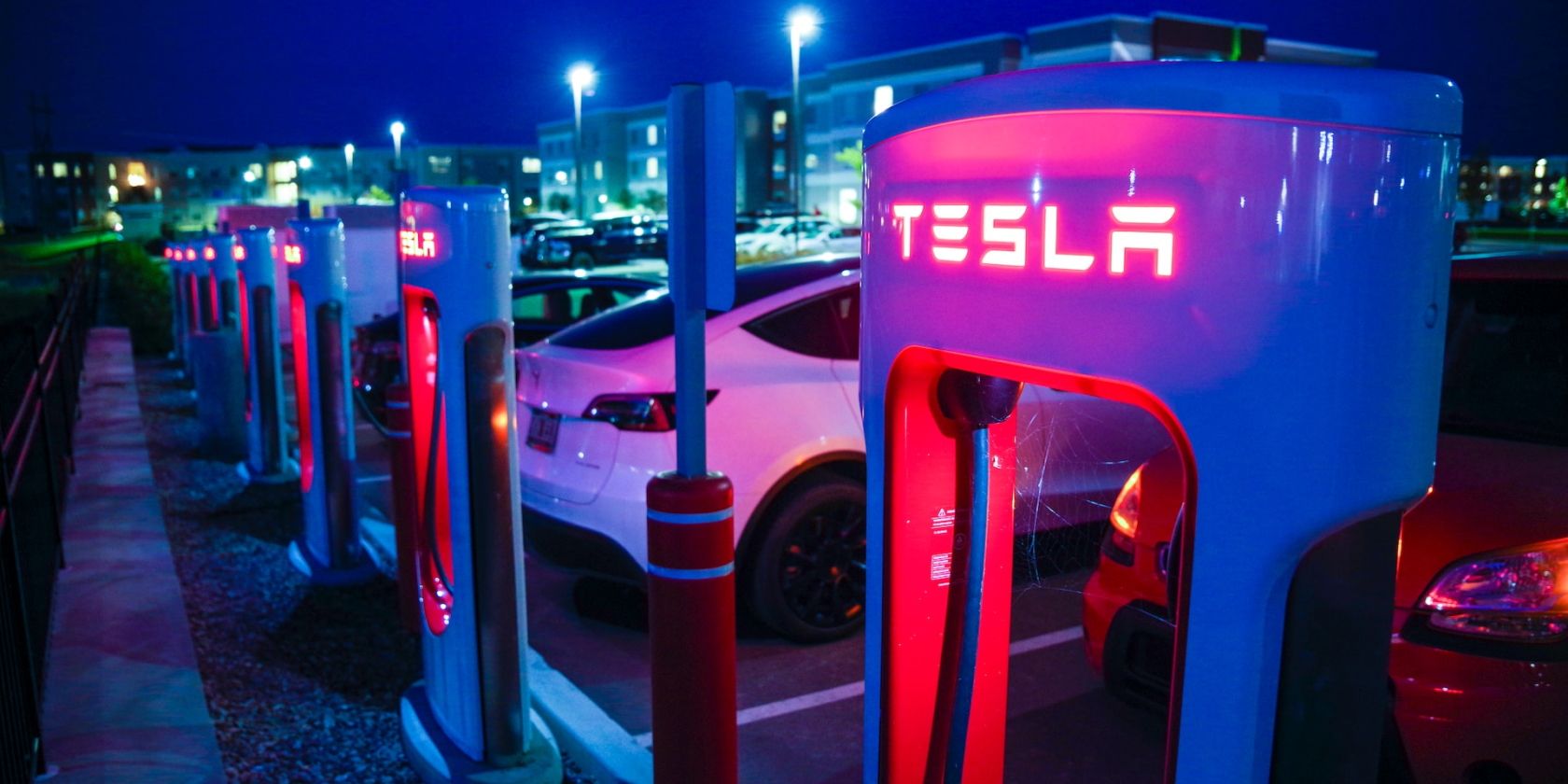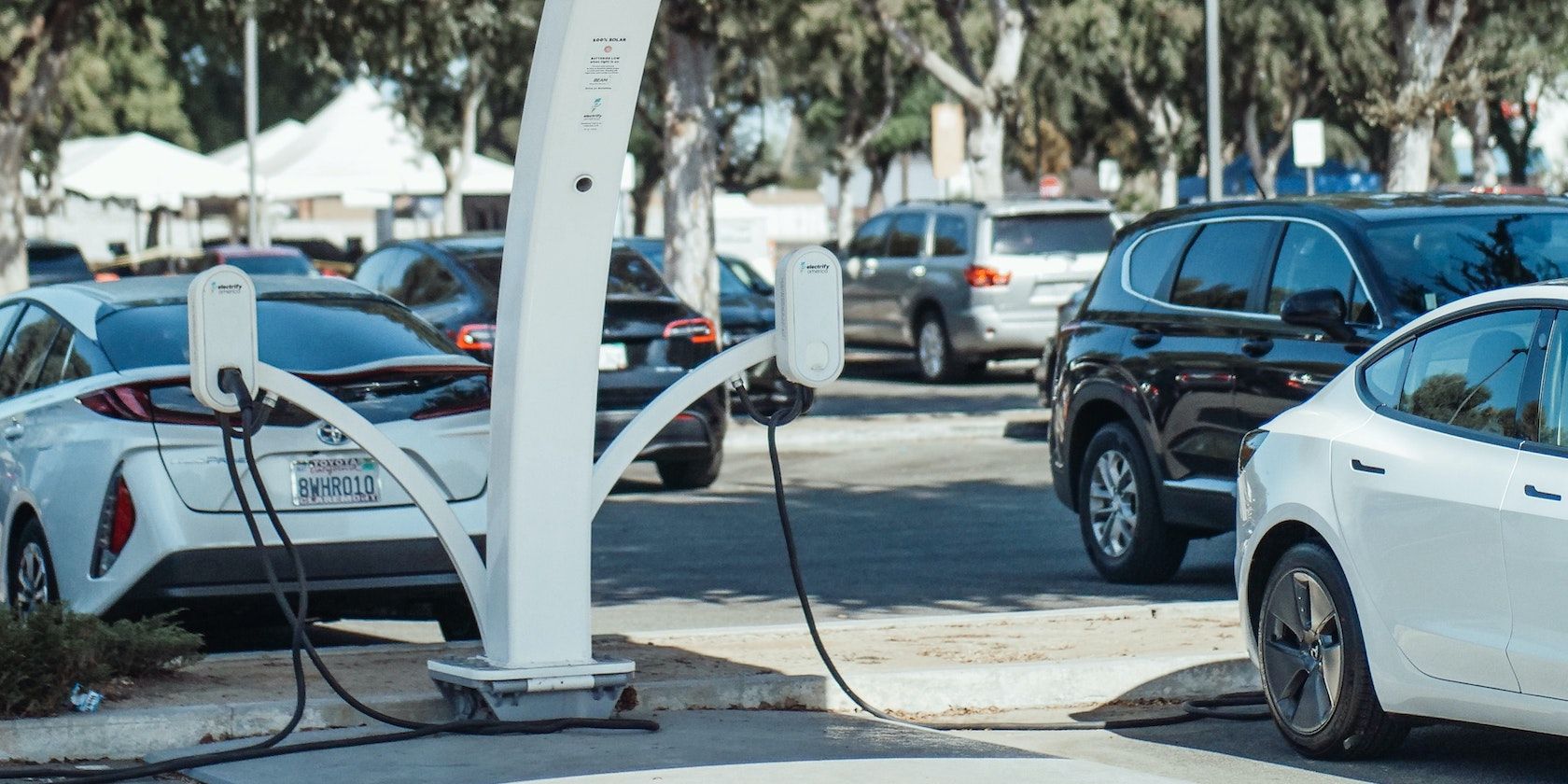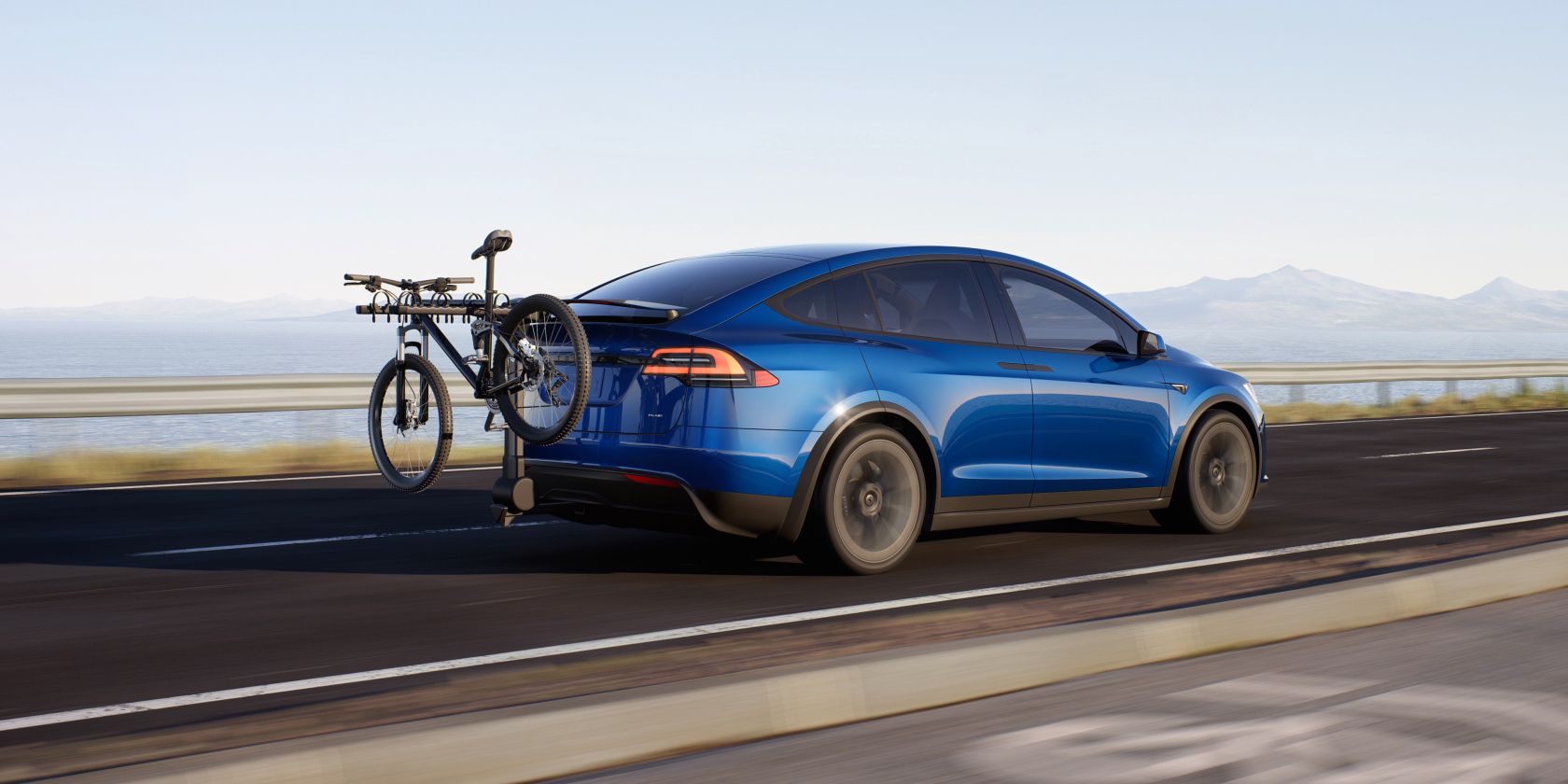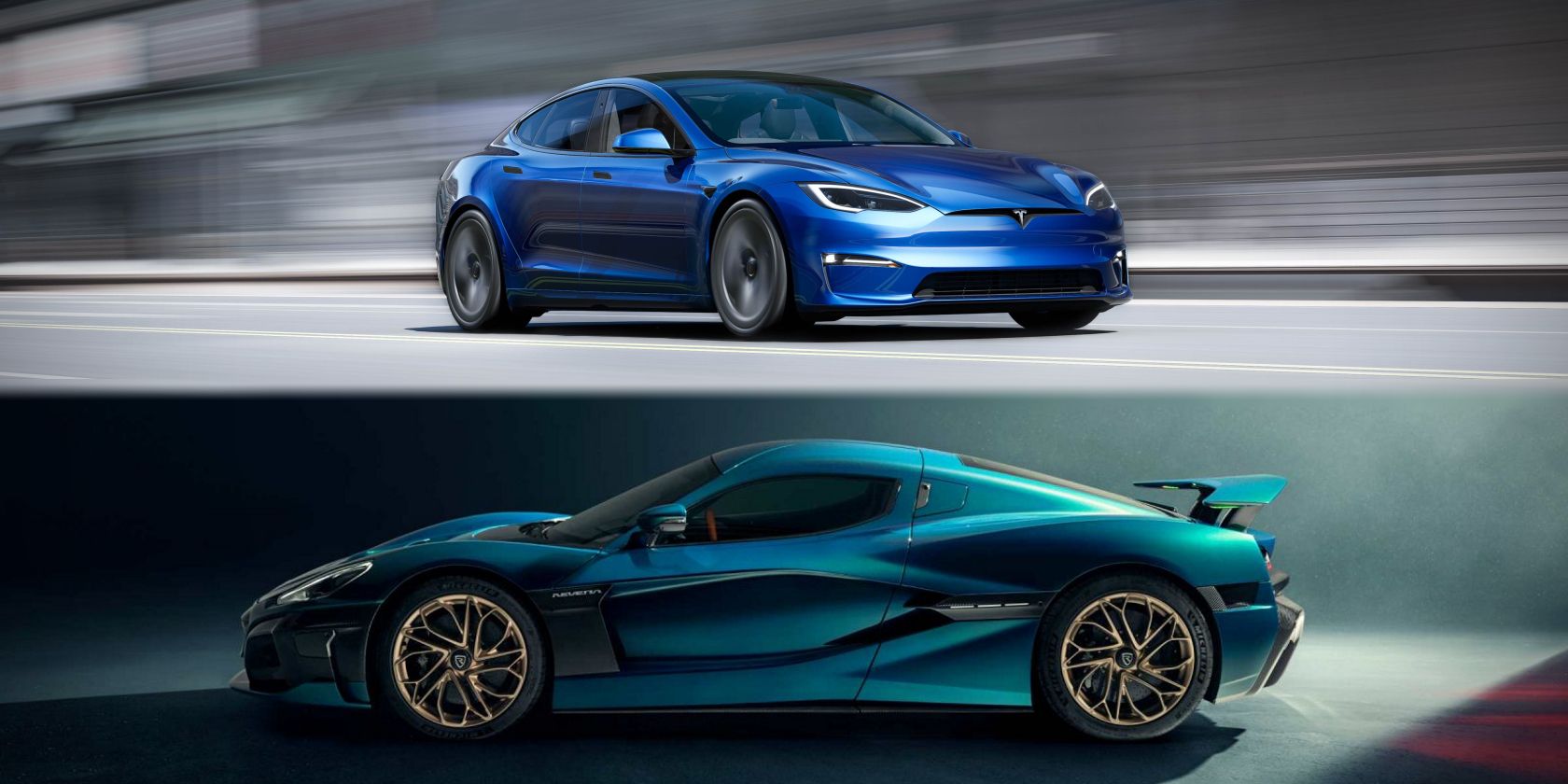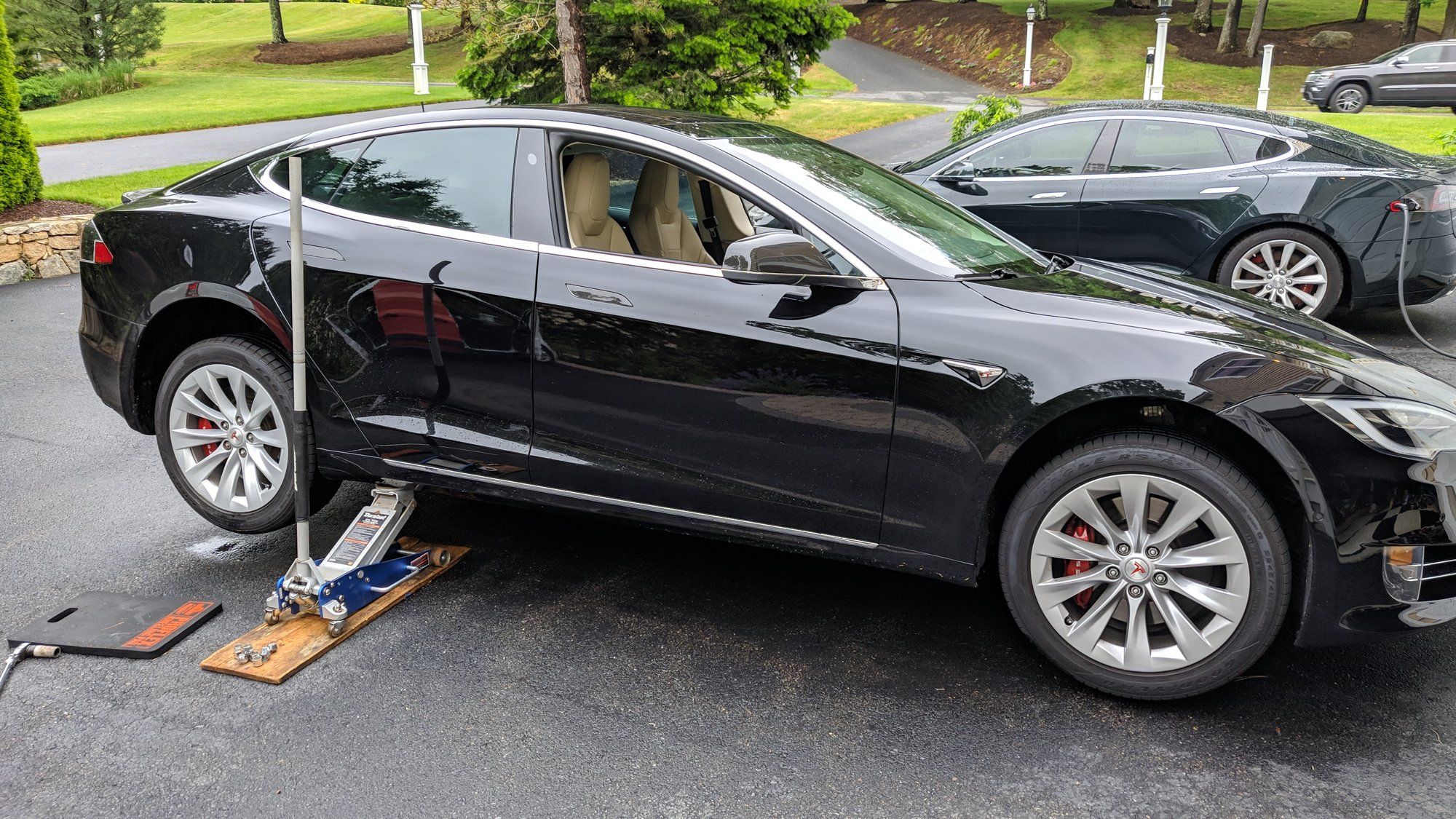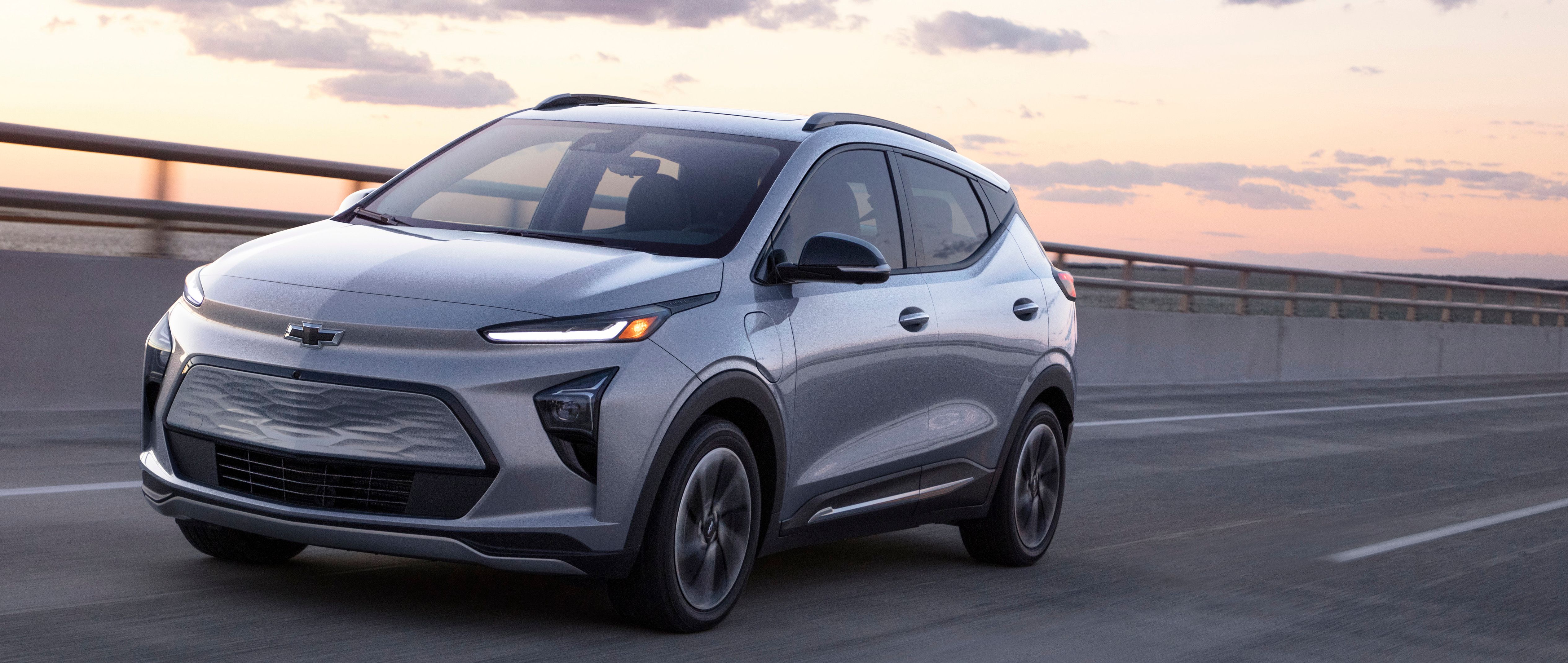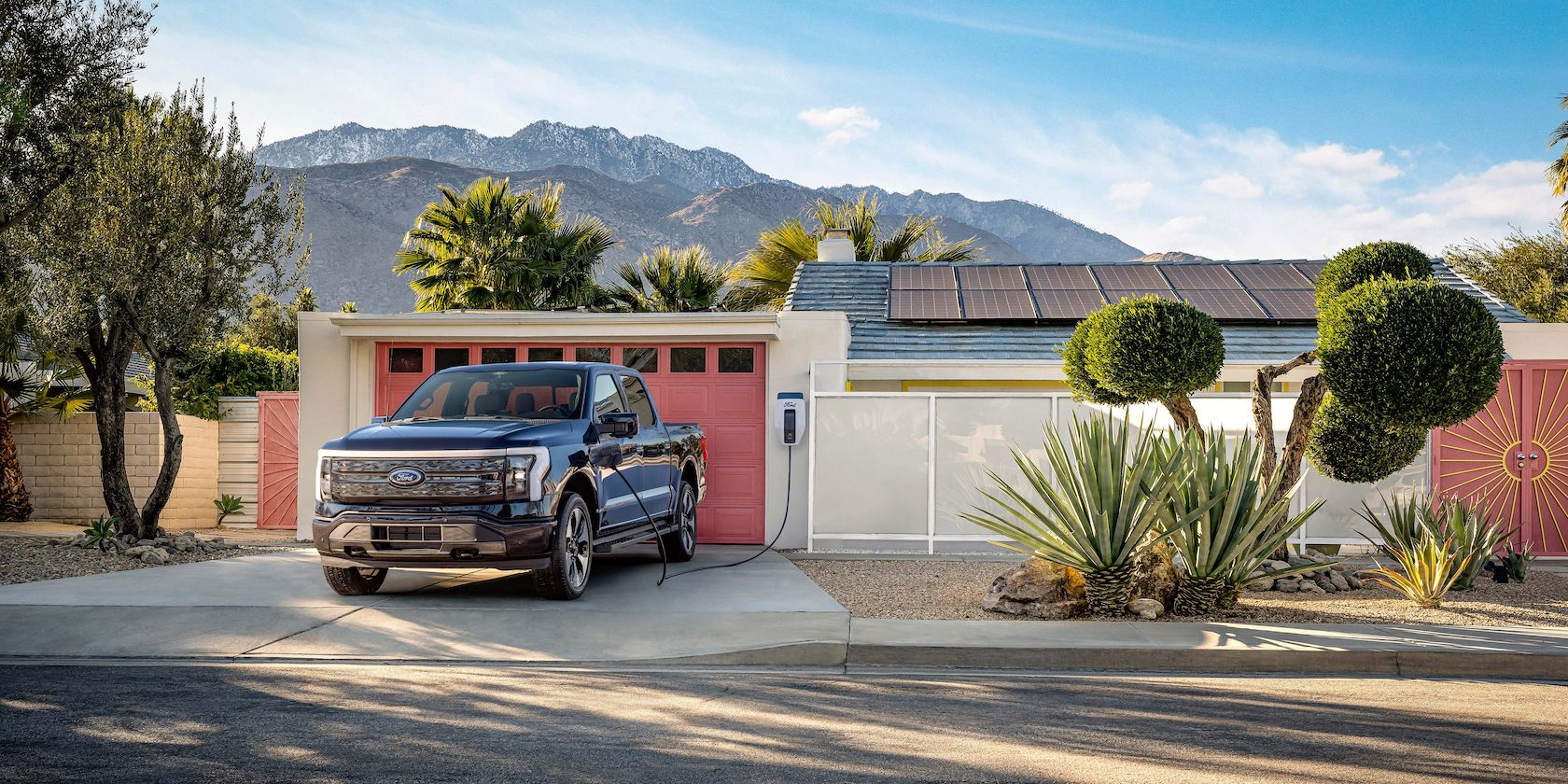Now that electric vehicles are taking over our roads at a rapid rate, it's very important to dispel a lot of the misconceptions surrounding EVs. Unfortunately, many people share erroneous ideas about EVs that are currently outdated.
Any misconceptions of EVs being slow or taking forever to charge have long been dispelled. But, many people still believe these EV myths, although the truth about modern electric vehicles is the farthest thing from these antiquated ideas.
1. EVs Take Forever to Recharge
This is one of the biggest misconceptions about electric vehicles that persists to this day. If you plug a Hummer EV into a regular 120V outlet at your house, it will take a very long time to recharge due to its mammoth battery size.
But, if you get your home EV ready, you can plug your EV into an L2 charger that will all but guarantee that the battery will be fully charged by the time you wake up the next day.
This isn't necessary for most people who travel considerably less than their EV's full range, but it's still a nice option. This myth also goes hand in hand with people's reluctance to take an EV on a road trip.
But there's no need to suffer from range anxiety with modern EVs, especially because you can charge your electric vehicle using DC fast chargers while you hit the road.
These chargers speed up the process considerably, and if you're plugged into one of the fastest charging networks, you can expect speeds of up to 350kW. This means that a vehicle like Hyundai's awesome IONIQ 5 can replenish itself from 10% to 80% in a measly 18 minutes.
By the time you buy yourself a quick snack and walk back to your car, the IONIQ 5 should be mostly charged. With fast charging, there's no need to fear hitting the road in your EV.
2. Electric Vehicles Can't Travel Far
Many still have this outdated image of EVs as urban golf carts relegated to short commutes. But this is far from the truth. In fact, modern electric vehicles like the Lucid Air might be able to travel around 500 miles on a full charge.
This is more than enough to take a long trip and then return home with plenty of juice left in the tank. Well, in the battery, actually. The point is, if range anxiety is the thing keeping you from hopping onto the EV bandwagon, it really shouldn't be an obstacle in modern-day electric vehicles.
Of course, if you live in an area with a poorly developed charging infrastructure, an EV might not be for you. Although, in most real-world scenarios, EVs perform just as well as conventional cars, and you can drive them long distances with confidence.
3. Electric Vehicles Are Slow
This is one of the funniest misconceptions of all. But, perhaps, the misconception lingers due to the reputation of the Toyota Prius for being slow and boring.
Or perhaps people associate modern EVs with older electric vehicles with low top speeds and weren't very quick on the way to 60 MPH. But today, electric vehicles are far from slow; they're the kings of acceleration. EVs can accelerate faster than their ICE counterparts thanks to the instant torque produced by electric motors.
Actually, it's not even close. Electric vehicles like the Tesla Model S Plaid can destroy any and all ICE challengers in a drag race. Then you have hypercars like the Rimac Nevera, which will dominate any road car that approaches it.
Some electric vehicles, like the Rivian R1T, have four motors that provide instant torque at all four corners. Moreover, these vehicles can control how much power goes to each wheel, providing a level of control and sophistication that ICE cars can't match.
4. Electric Vehicles Are Unreliable
This is far from the truth. EVs don't require regular oil changes like internal combustion vehicles, and electric motors don't have as many moving parts as conventional internal combustion engines.
The rest of an electric car is very similar to a conventional car, especially basic components like the brakes and suspension. So, the reliability for these parts shouldn't be that different. However, the biggest worry most people have when it comes to EV reliability is the battery.
This is a very legitimate worry, especially considering the price of replacing an EV's battery. But, just like catastrophic engine failure can occur to any conventional car, even a new one, batteries can fail.
This isn't a common occurrence, though, and EVs are designed to last many years with the same battery installed. Tesla's warranty covers your new EV's battery for eight years. This is a direct statement of EV manufacturers' confidence that your electric vehicle will be reliable for many years, including batteries.
5. Electric Vehicles Are Super Expensive
Electric vehicles usually command a premium over conventional cars, but as time goes by, more and more affordable options are popping up. Combine this with the fact that owning an EV doesn't require trips to the gas station, along with government incentives, and you have a winning combination.
Electric vehicles like the Nissan Leaf and the Chevy Volt EV are excellent cars that won't break the bank. In fact, the Chevy Volt EV starts at $26,500, which is a very competitive price compared to other EVs on the market.
The Chevy Volt isn't a cheap EV full of compromises either, and it has a more than respectable range of 259 miles. However, electric vehicles like the Chevy Volt will soon begin to be the rule and not the exception. As EV technology gets cheaper, more affordable electric vehicles will continue to hit the market.
6. EV Batteries Don't Last Very Long
Many people believe that electric vehicles must be discarded at the nearest trash heap after a few years of use. This is not the case.
You can expect a decent service life from your EV, and even after the battery is no longer optimal for use in an EV, it can be reclaimed to perform other duties. Manufacturers are confident in the service life of EV batteries, and EV makers like Tesla offer competitive battery warranties that make ownership less stressful.
Tesla offers an eight-year warranty for the battery and the drive unit on its Model S, which is a great way to ensure new EV owners can enjoy their vehicles instead of worrying about the battery's state every day.
EVs Aren't Perfect, but They're Better Than Many People Think
Electric vehicles aren't yet at the point where they're the perfect machines for every job, but the reality of EVs isn't as dire as many people would have you believe. We already live in a world where an affordable EV with a great range is a completely realistic proposition.
Electric vehicles can travel long distances without any inconveniences either. The great thing is that EV technology is in store for many breakthroughs that will revolutionize EV ownership.

